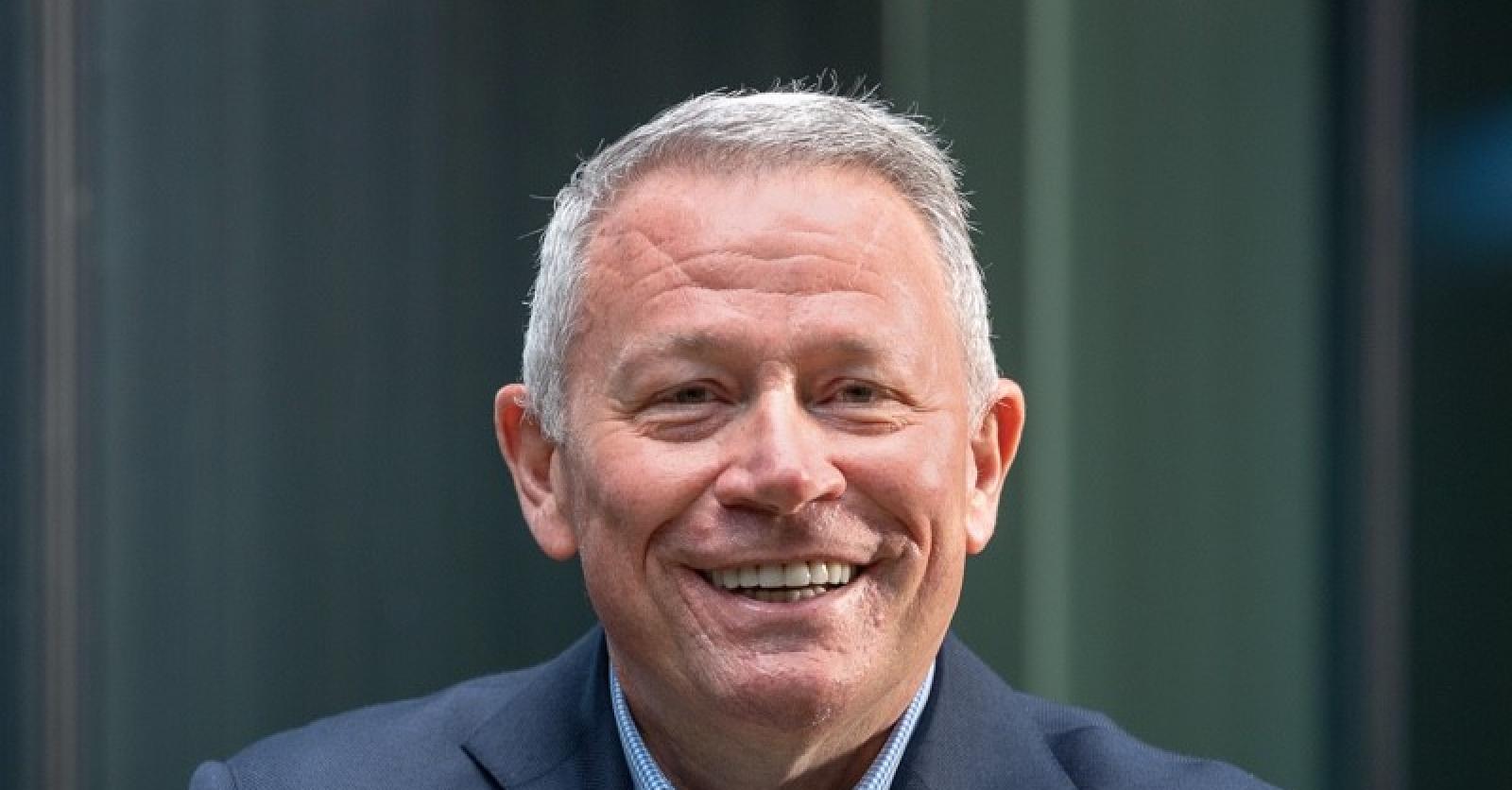Henry Kissinger, now 100 years old, made an unexpected appearance in Beijing this week. He was also received with all due respect by Chinese Supreme Leader Xi Jinping on Thursday. It’s an honor not bestowed on climate envoy John Kerry, who was in Beijing the same week as former US secretary of state Kissinger.
It has been 52 years since Kissinger came to the country. Even then, the US relationship with Taiwan was a critical issue, and Kissinger was able to restore the broken diplomatic relationship between Mao’s China and Nixon’s America. But that relationship has now reached an all-time low. Kissinger wants to improve it and ultimately prevent World War III.
“Neither the US nor China can see each other as enemies,” Kissinger said during a meeting with Chinese Defense Minister Li Shangfu on Tuesday. “If the two countries go to war, neither people will gain anything of value,” the Chinese defense ministry said.
The meeting was acrimonious because China previously did not want Li to meet its American counterpart, Lloyd Austin, in Singapore. Li is on the U.S. sanctions list for buying Russian arms in 2018, and China is outraged.
The Chinese government newspaper The Global Times reported Both Kissinger and Li called for “enhanced military relations” between the two countries. The restoration of high-level military contact has yet to happen, but is seen as important in reducing the risk of escalation in the event of potential clashes between the two forces.
Read more Former veterans Kerry and Xi hope to give global climate talks a new boost
Meanwhile, climate envoy John Kerry was in China, hoping to speed up climate talks between the two countries. China suspended it after Nancy Pelosi’s controversial visit to Taiwan in August 2022. He achieved only limited success. There are no concrete agreements on reducing greenhouse gas emissions and no joint final report.
Kerry said talks would continue. That is the biggest plus. “We believe this will be the beginning of a new definition of cooperation,” he told top foreign minister Wang Yi in Beijing on Tuesday.
Security over the economy
It’s gradually becoming a pattern: China and the US are once again talking to each other at a high level, and that takes the chill out of the air for a while. But they are not obviously close to each other.
Even when US Secretary of State Anthony Blinken finally arrived in Beijing in June, the visit was postponed after the US shot down a Chinese spy balloon. Ditto after US Treasury Secretary Janet Yellen’s visit earlier this month.
But why can’t the two superpowers find each other? Moving Kissinger—as the US State Department emphasized, As an individual Gone to China – to come, and above all: What made China so majestic when Kerry had fewer gods?
This has a lot to do with a major change in the way both countries see each other. It has shifted from economic issues to issues surrounding the national security of both countries. In both the US and China, national security may now come at the expense of economic interests.
American policy needs diplomatic wisdom like Kissinger and political courage like Nixon
Wang Yi China’s top diplomat
But while you can measure and measure economic relationships, national security is about assessing an adversary’s intentions, trust, and mistrust.
And it is very difficult to calculate accurately. For example, China is convinced that the US wants to stop China’s rise anyway. For example, many Chinese analysts sincerely believe that the war in Ukraine was instigated behind the scenes by the United States, and that if Russian President Vladimir Putin falls, NATO will be pushed back to China as an American tool. That theory is highly unlikely to many in the West.
/s3/static.nrc.nl/images/gn4/stripped/data103115830-782dd5.jpg|https://images.nrc.nl/z9Ih8JR5ZzZAUMFWUN7K3jGTsYo=/1920x/filters:no_upscale()/s3/static.nrc.nl/images/gn4/stripped/data103115830-782dd5.jpg|https://images.nrc.nl/1jgTM4Swwol-APyTgedJR2vnGx8=/5760x/filters:no_upscale()/s3/static.nrc.nl/images/gn4/stripped/data103115830-782dd5.jpg)
Photo by Ding Haitao/Xinua via EPA
Instead, the United States firmly believes that China wants to dethrone the United States and bend the entire international system to Beijing’s will. In the US, there is also the perception that China will soon invade Taiwan militarily.
That idea is seen as ridiculous in China. Some here believe that Xi Jinping will soon take that step himself, as it would greatly weaken China and be costly anyway – look at Russia.
Third World War
That’s where Kissinger comes in. He compares the current situation with the previous era Economists with those just before the outbreak of the World War. This is the situation where “no political concessions are left by either side and any imbalances can have disastrous consequences”.
Kissinger wants to avoid such a Third World War, and he finds willing ears for it in China. American policy needs Kissinger-style diplomatic wisdom and Nixon-style political courage. Wang Yi saidA top State Department official after a meeting with Kissinger.
/s3/static.nrc.nl/images/gn4/stripped/data97711597-20cfdd.jpg)
Read more If the US doesn’t back down, “conflict and conflict are inevitable,” says China’s top diplomat
That is fine, but the political leadership in Beijing is mainly trying to use Kissinger for its own political purposes. Because in China’s view, cooperation is possible only if the US reverses its wrong ways on Taiwan. The US, for its part, does not want to give too much to China. Kerry said shortly before his visit to China He wanted to aim for “stability without any concessions if we win”.
Kerry said Taiwan was also discussed in his press conference after his visit. This shows how difficult it is to completely isolate climate talks from the entire US-China relationship. The US wants it, but China opposes it.
But in the grand scheme of things, that’s a detail. The big picture is a deep distrust on both sides and an unwillingness to compromise even on small details. Even Kissinger in his conversation with Xi Jinping could do little to change that.
A version of this article appeared in the newspaper on July 21, 2023.

“Passionate analyst. Thinker. Devoted twitter evangelist. Wannabe music specialist.”






/s3/static.nrc.nl/images/gn4/stripped/data103112486-7c8b96.jpg)
More Stories
'Service is more focused than ever in our industry'
Solar Magazine – China challenges US tax credit for electric cars and solar panels
Bitcoin price under pressure, US recession?!